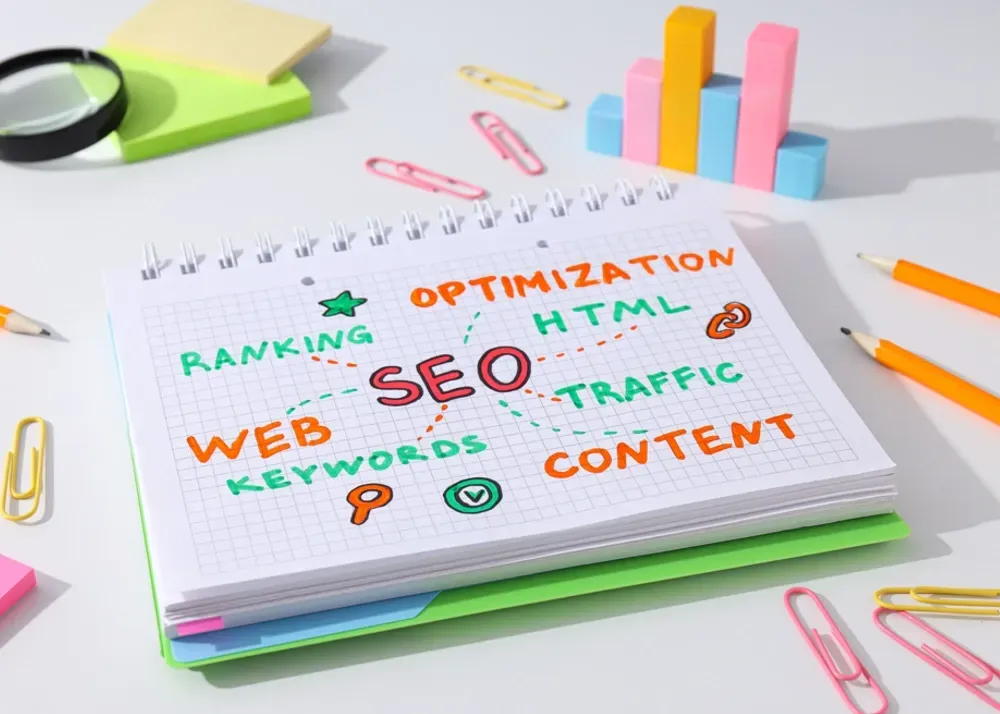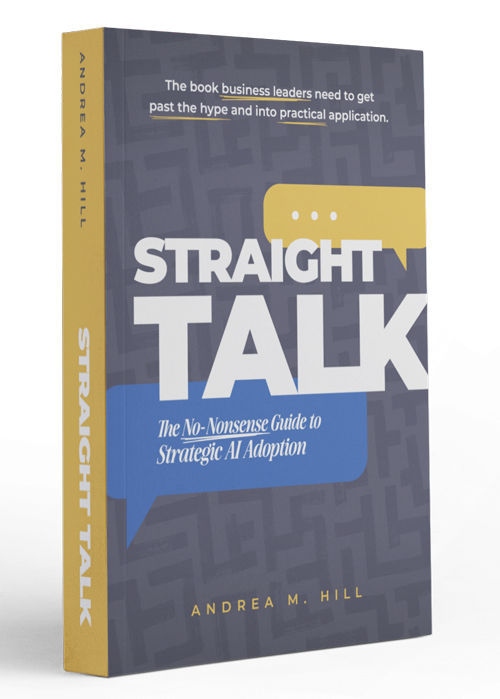10 Fast and Easy Tips to Help You Improve Your Website's SEO

One of the best ways to generate new leads and attract new customers is organic traffic—that is, visitors who arrive at your site through search engine result pages (SERPs). To increase your ranking in search engines like Google, your website needs to be optimized for search. Here are 10 fast and easy tips to help you improve your website's SEO (Search Engine Optimization). These simple yet helpful tips can improve the visibility of any website by making it easier for Google to crawl, categorize, and rank your website. From optimizing your titles to improving site speed and everything in between, we've got you covered. Let's explore the subject of SEO.
Optimize Your URLs
In order to increase your website's exposure in search engine results, SEO friendly URLs are essential. In addition to helping visitors understand the content of your page, a well-structured URL provides search engines with important details about your website. It's important to use appropriate keywords that accurately represent the page's content when developing SEO friendly URLs. This raises the shareability and memorability of your URLs in addition to boosting SEO.
Create SEO Friendly URLs
A well-structured URL contains relevant keywords and is brief and descriptive. For instance, rather than using a generic URL like example.com/page1, use a more descriptive URL like example.com/(your page's actual title.)
Focus on Quality Content
High quality and relevant content forms the basis of effective SEO. It's crucial to produce content that not only addresses the needs and questions of your target audience but also offers meaningful value. Using tools such as Authoritas or Google Search Console can help you identify relevant topics and keywords to focus on. Use the keywords to ensure your content resonates with your audience and ranks well in search engine results.
Optimize Your Images
Images can also be optimized. Use descriptive filenames and alt text that include your target keywords. This helps search engines understand what the image is about and can improve your rankings in image search results.
Improve Site Speed
Site speed is a ranking factor for Google and affects the user experience. Use tools like Google PageSpeed Insights to identify and fix issues that are slowing down your website.
- Optimize Images: Compress and resize images to reduce file size without compromising quality. Use image formats like WebP for better compression.
- Minimize HTTP Requests: Reduce the number of elements on your page (images, scripts, and stylesheets.) This will help the page load quicker.
- Minimize CSS, JavaScript, and HTML: Remove unnecessary characters, whitespace, and comments from your code to reduce file size and improve load times.
- Reduce Server Response Time: Optimize your server configuration, use caching, and consider upgrading your hosting plan to reduce the time it takes for your server to respond to requests.
- Reduce Redirects: Limit the use of redirects, as each redirect adds additional time to the page loading process.
- Optimize Your Website's Code: Eliminate unnecessary code, use efficient CSS and JavaScript practices, and consider using server-side rendering to improve load times.
Mobile Friendly Design
Having a website that is mobile friendly is a must because more people are surfing on mobile devices. Make sure your website works well and looks good on all devices by using responsive design.
Use Internal Links
Internal linking may boost the ranking of your pages in search results by assisting search engines in understanding the structure of your website. Make use of descriptive anchor text to link to other essential pages. Doing this could also make it easier for visitors to browse your website.
Optimize Local SEO
If you have a physical location, optimizing for local SEO can help you attract more local customers. Adding your address, phone number, and business hours to your website and encouraging customers to leave reviews can improve your local SEO.
Stay Updated with SEO Trends
It's necessary to remain updated with the newest trends and algorithm updates in SEO because the field is continually evolving. To stay up to date take part in online groups, webinars, and SEO blogs. You can maintain your competitive advantage by putting the most recent best practices into effect.
Monitor and Analyze Your SEO Efforts
It's very important to monitor and analyze your SEO efforts to see what's working and what's not. Use tools like Google Analytics 4 to track your rankings, traffic, and conversions. Use this data to make informed decisions and improve your SEO strategy.
Improving your website's SEO doesn't have to be complicated. You can significantly boost your website's organic traffic and search engine rankings by implementing the 10 strategies in this article. Remember to focus on producing outstanding content, fine tuning the elements of your website, and following the most recent developments in search engine optimization. If you use these tips, your website will rank higher in search results!
Andrea Hill's
Latest Book
Straight Talk
The No-Nonsense Guide to Strategic AI Adoption

Where other books focus on prompts and tools, this book gives business leaders what they actually need: the frameworks and confidence to lead AI adoption responsibly, without having to become technologists themselves.
Also available at independent booksellers and public libraries.
Are You Ready to Do Better Marketing?
WerxMarketing is all about performance marketing. That means giving you the tools you need to connect with customers, enable your sales efforts, and turn leads into loyal customers. Ready to learn more about how we do that? Book a free consult and bring your questions. See if you like working with us on our dime, and get some good advice in the process.